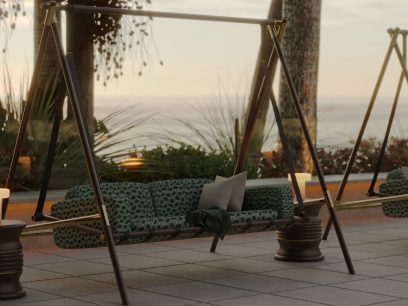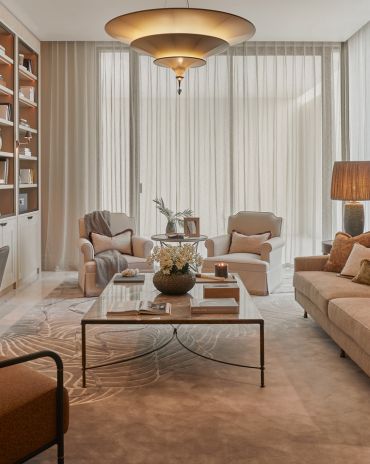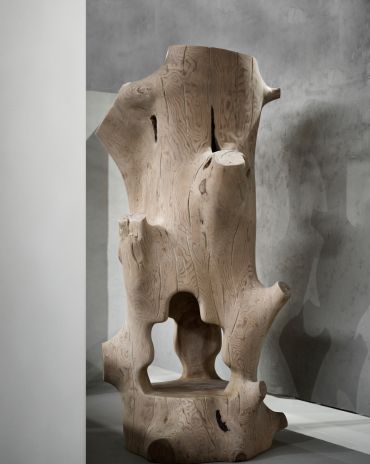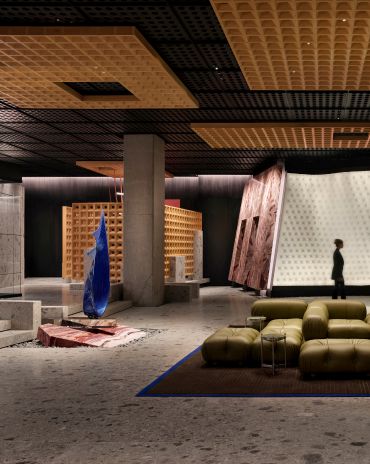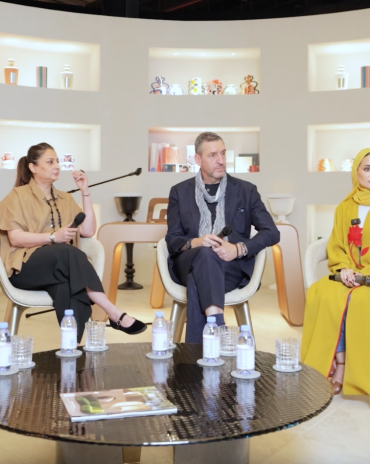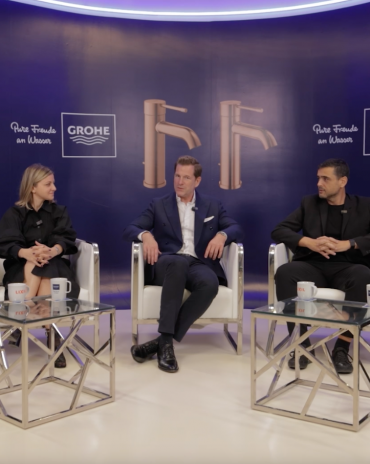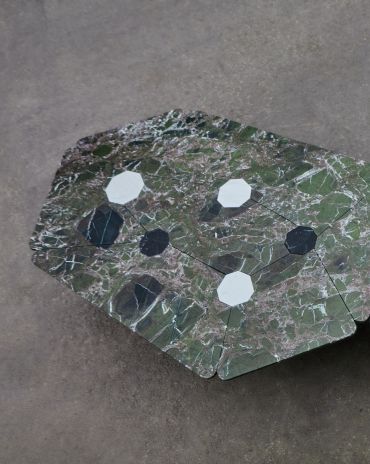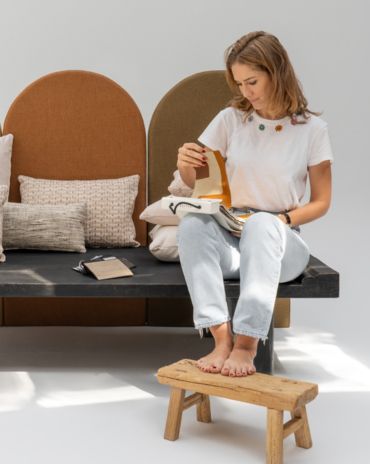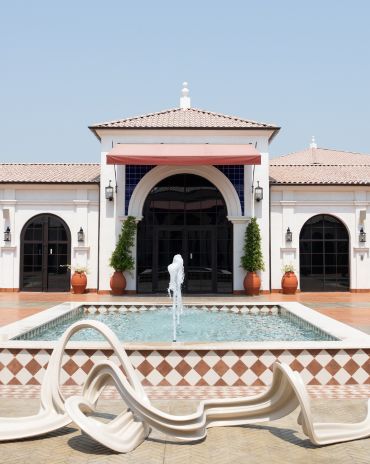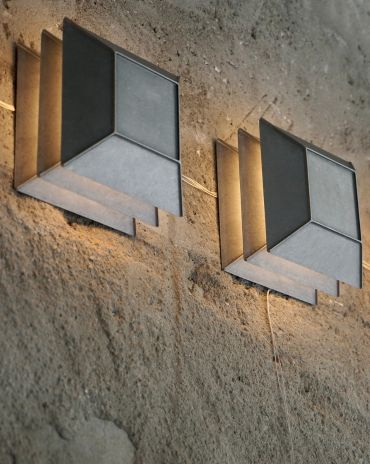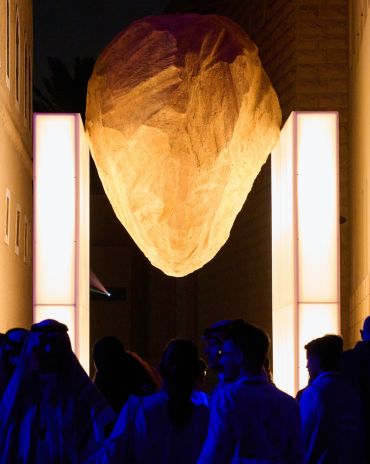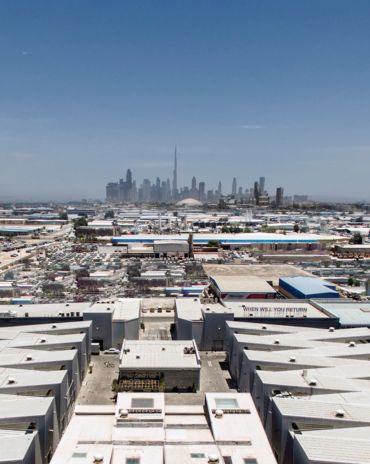Copyright © 2025 Motivate Media Group. All rights reserved.
This enchanting home in the south of India is a stunning example of ‘reverse urbanisation’
Earthitects consider the possibility of alternative luxury with their projects
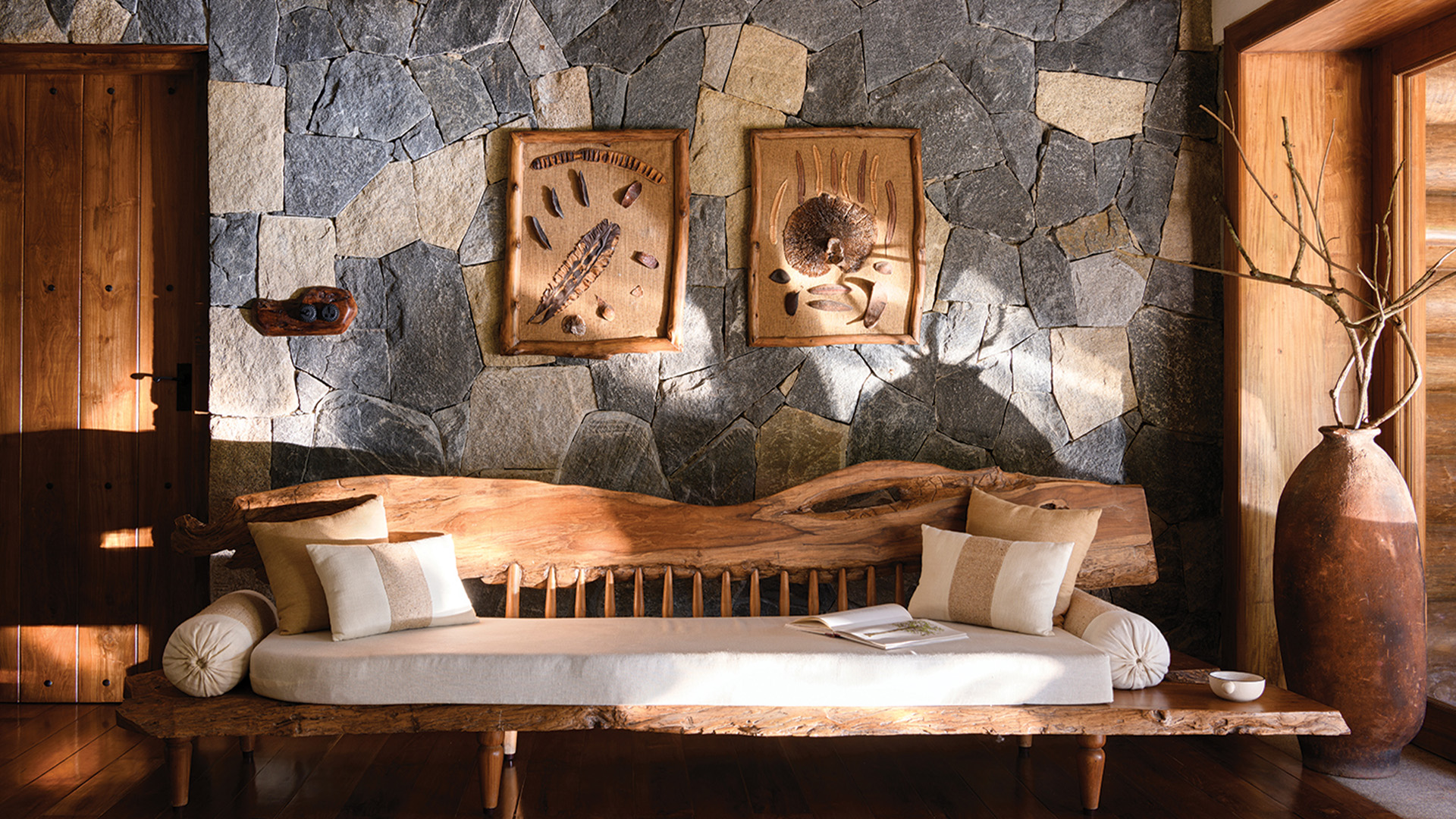
Instead of focusing on material attributes, what would happen if luxury was reimagined as time spent reconnecting with the rich abundance of nature? At Estate Plavu – a home designed by Earthitects in Wayanad, Kerala, in the southwest region of India – this is exactly the given definition of luxury. The villa epitomises biophilic design and what the architects dub ‘reverse urbanisation’.
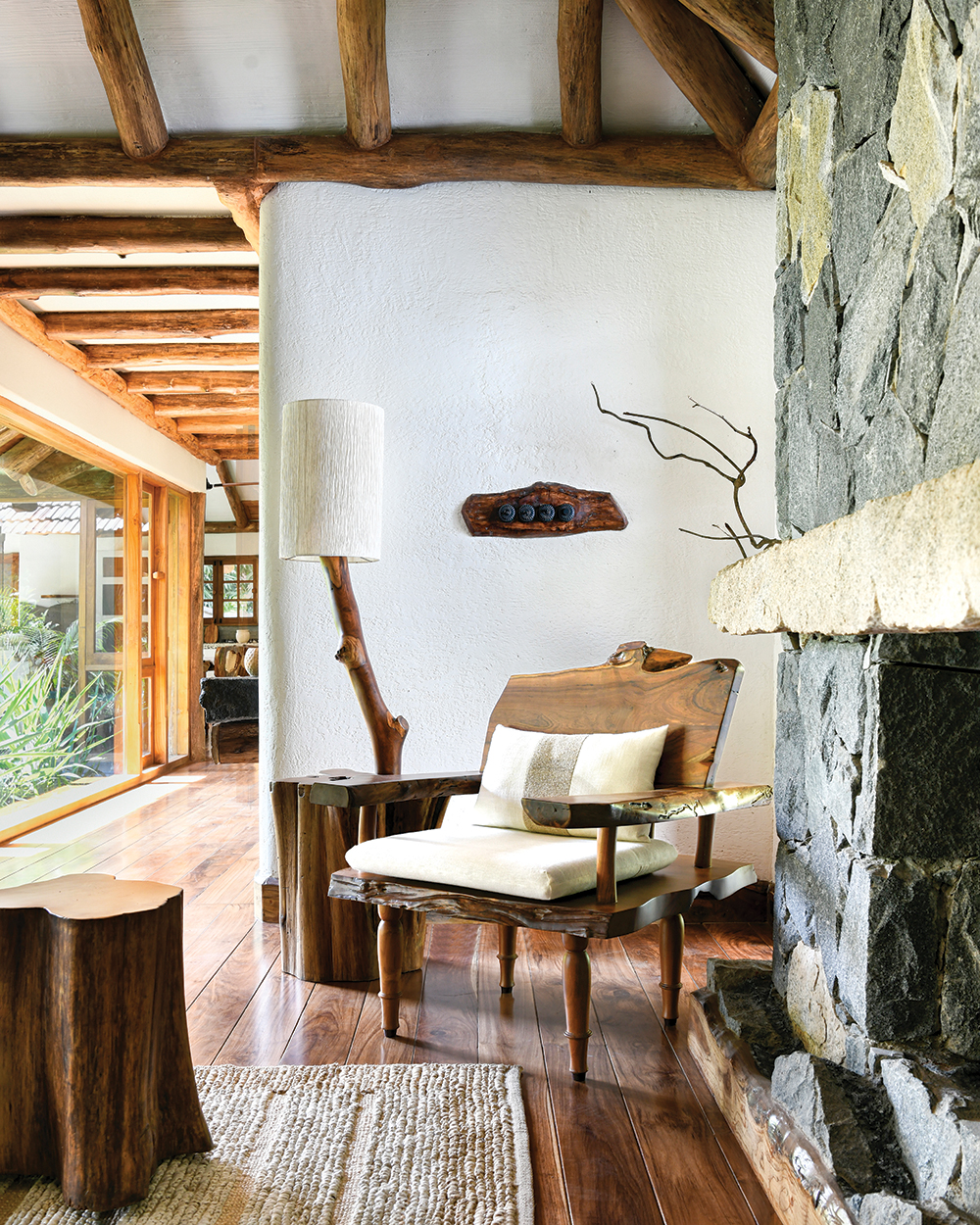
“By designing and creating dwellings that are in harmony with oneself and the natural environment, we create spaces that facilitate natural life,” explains George E. Ramapuram, principal architect and managing director of Earthitects. “Reverse urbanisation is a means of bringing nature inside, and [of] being one with it.”

Estate Plavu is one of 13 villas situated within around five hectares of lush forest lining a steep hillside. This topography provided both a challenge and an opportunity, according to Ramapuram. “We turned the challenge on its head by designing a luxury weekend home in a densely forested land full of rocks, trees and contours,” he explains.
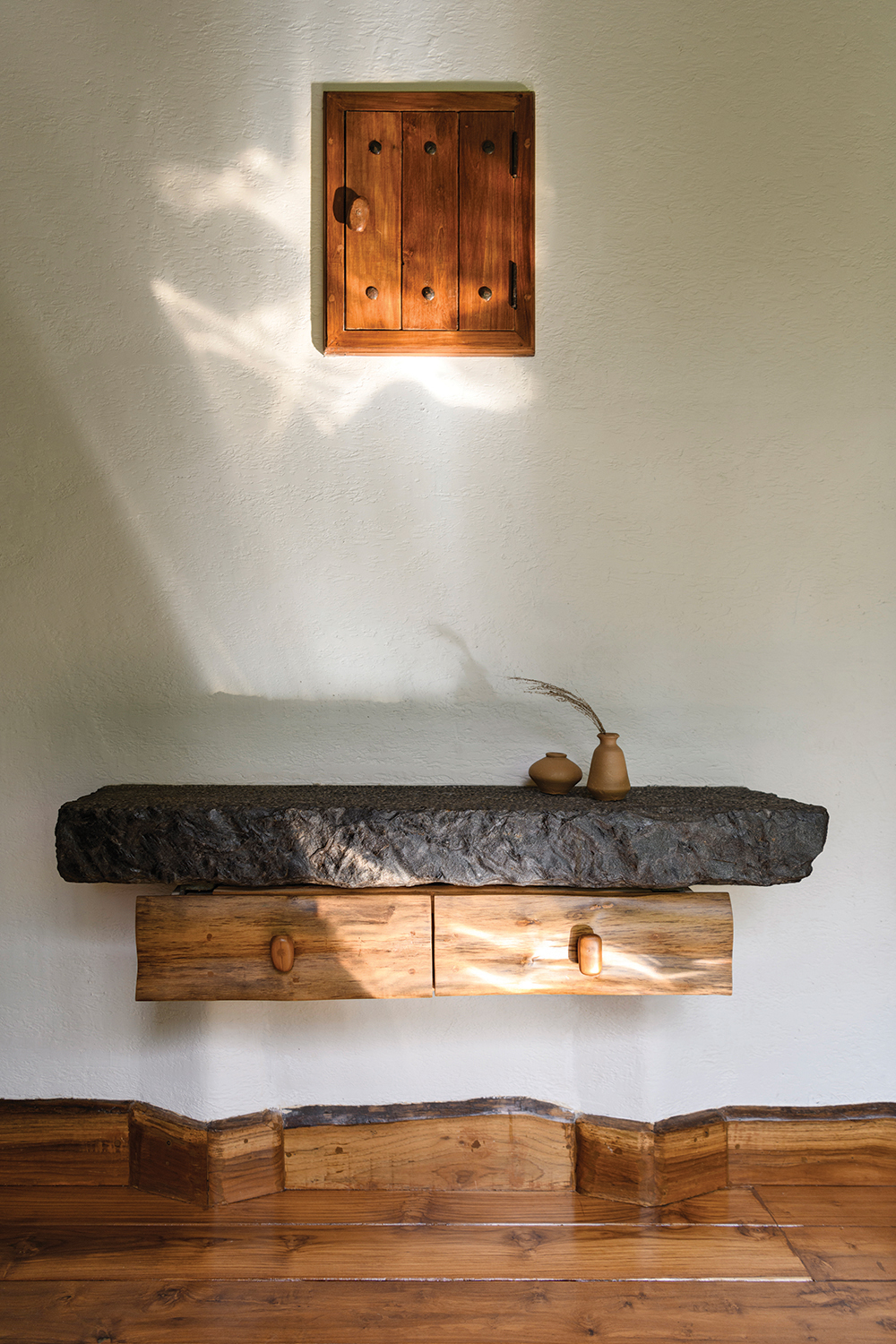
Responding to this unique terrain required a creative approach. The architects created a design spread across three levels, incorporating two residential lodges, an infinity pool and a terrace. Each lodge sits six metres from the one above it to ensure that the estate follows the natural elevation of the hillside. The layout is configured around existing trees, and each lodge is connected by discreet bridges. The result is an estate embedded within the landscape.

Not only has the villa been constructed in harmony with the natural topography of the land, its design also pays close attention to the microclimate of the site as well as incorporating its biodiversity. Named after the large jackfruit tree that is endemic to the area, Estate Plavu attracts birds, bees and butterflies with carefully selected plants, bird baths, beehives and lily ponds.
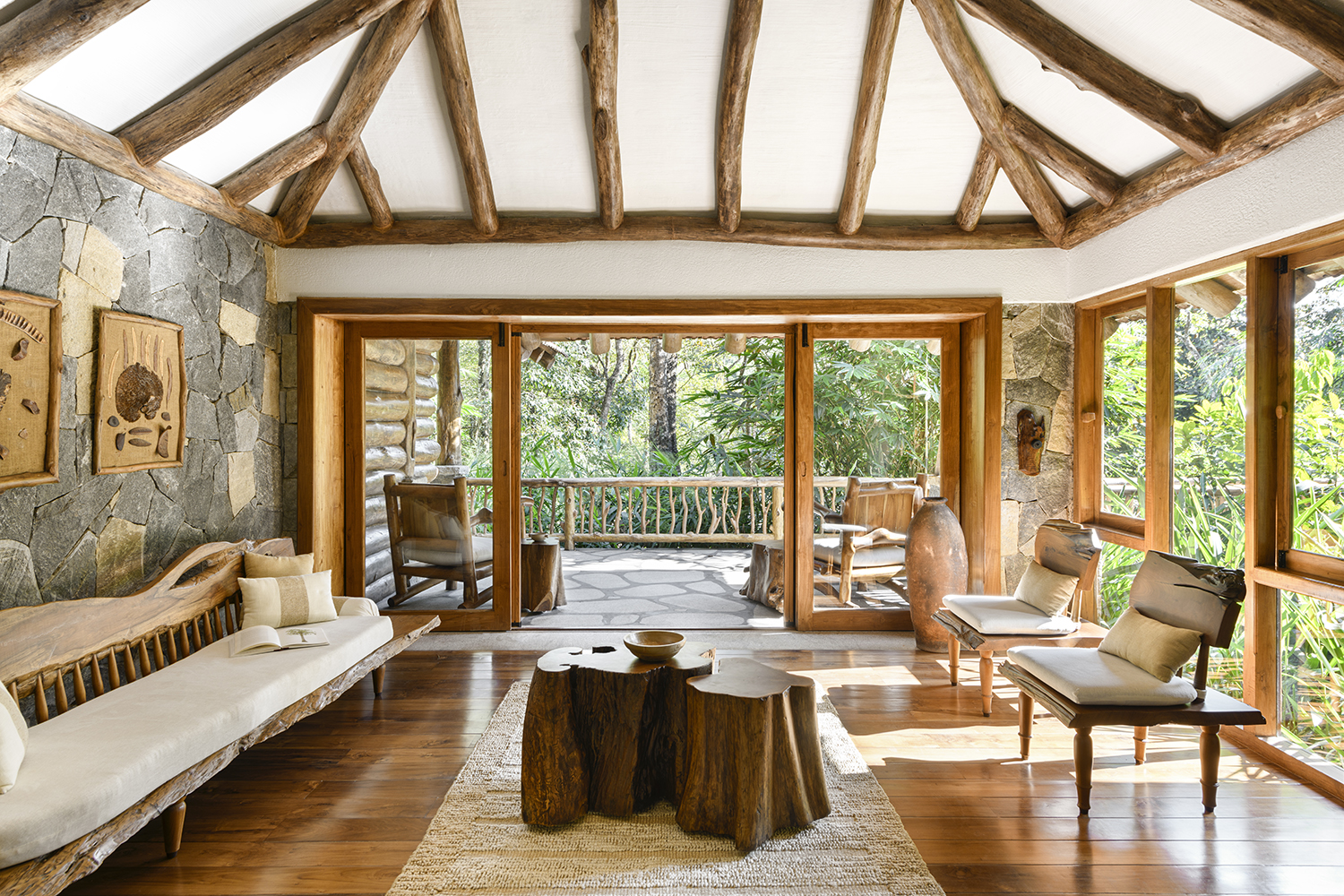
With approximately 64 native bird species, the sound of birdsong is intrinsic to the experience of the property. “One can invite the sights and sounds of nature into the living space, celebrating the idea of ‘life in abundance’,” says Ramapuram.

Natural materials have been employed to respond to the distinct localised climate. For example, the thick stone walls absorb heat during the day and release it at night, while on the exterior deck, native stone finished with black oxide is enhanced by tropical rainfall. Estate Plavu also celebrates natural light. Courtyards bring daylight into the interior spaces, while twilight becomes a feature in the outdoor dining area which provides unrestricted views of the valley below.

The design and construction process behind Estate Plavu sought to minimise environmental impact at every level. Raw materials were either sourced onsite or locally. Fallen trees provided timber, and any wooden poles used were compensated for with replantation. Surplus materials, such as leftover teakwood, were handcrafted to make fixtures and fittings, while unpolished boulders were cut to form the rubble walls. Here, materials were minimally processed, to preserve their integrity and allow natural ageing over time.

A core aspect of Earthitect’s approach to sustainability is its belief in preserving local craftsmanship, as Ramapuram enthuses: “We believe in going vocal for local.” In this spirit, Estate Plavu incorporates a bespoke furniture collection entitled ‘Handcrafted Collectables’, which celebrates indigenous workmanship. These furniture pieces draw inspiration from the natural world. For example, the ‘Snug Seater’ is crafted using eucalyptus spindles and a rotating base, recalling the cocoon of the Bagworm moth. On the other hand, the ‘Allure Armchair’ preserves the natural edges, grain and knots of handpicked wood and is both classic and organic in its design. The sculptural pieces have been designed in harmony with the interiors, creating a natural visual rhythm throughout.

All in all, Estate Plavu is a celebration of the natural world. It is a home built within nature, rather than imposed upon it. As Ramapuram explains: “We are passionate about preserving the purity and virtue of nature. This in turn facilitates life in abundance as we are able to enjoy God’s creations in their abounding fullness of joy and strength; for mind, body and soul.”
Images are courtesy of Earthitects
The Latest
A Modern Haven
Sophie Paterson Interiors brings a refined, contemporary sensibility to a family home in Oman, blending soft luxury with subtle nods to local heritage
Past Reveals Future
Maison&Objet Paris returns from 15 to 19 January 2026 under the banner of excellence and savoir-faire
Sensory Design
Designed by Wangan Studio, this avant-garde space, dedicated to care, feels like a contemporary art gallery
Winner’s Panel with IF Hub
identity gathered for a conversation on 'The Art of Design - Curation and Storytelling'.
Building Spaces That Endure
identity hosted a panel in collaboration with GROHE.
Asterite by Roula Salamoun
Capturing a moment of natural order, Asterite gathers elemental fragments into a grounded formation.
Maison Aimée Opens Its New Flagship Showroom
The Dubai-based design house opens its new showroom at the Kia building in Al Quoz.
Crafting Heritage: David and Nicolas on Abu Dhabi’s Equestrian Spaces
Inside the philosophy, collaboration, and vision behind the Equestrian Library and Saddle Workshop.
Contemporary Sensibilities, Historical Context
Mario Tsai takes us behind the making of his iconic piece – the Pagoda
Nebras Aljoaib Unveils a Passage Between Light and Stone
Between raw stone and responsive light, Riyadh steps into a space shaped by memory and momentum.
Reviving Heritage
Qasr Bin Kadsa in Baljurashi, Al-Baha, Saudi Arabia will be restored and reimagined as a boutique heritage hotel
Alserkal x Design Miami: A Cultural Bridge for Collectible Design
Alserkal and Design Miami announce one of a kind collaboration.

